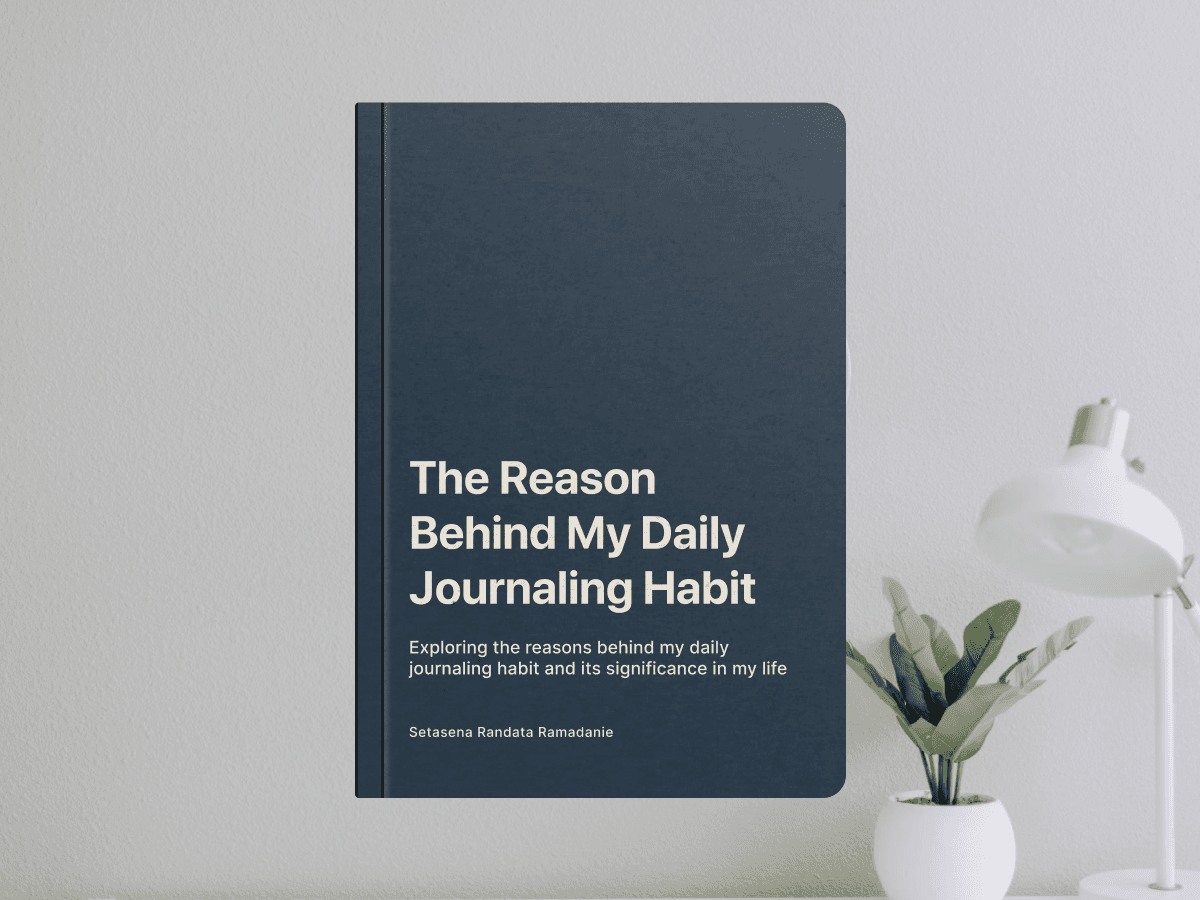Mar 30, 2025
Two Faces of Aloneness
As Haig writes, "The lonely mind in the busy city yearns for connection because it thinks human-to-human connection is the point of everything." This urban loneliness—being physically surrounded yet emotionally isolated—is what many of us experience daily. It's the disconnection that makes us reach for our phones, desperate for validation through likes and messages.
But when Nora finds herself "amid pure nature," she experiences what Thoreau famously called the "tonic of wildness." In this environment, "solitude took on a different character. It became in itself a kind of connection. A connection between herself and the world. And between her and herself."
Thoreau's Wisdom
Thoreau understood this distinction long before our hyper-connected age. In "Walden," he observed that "if one advances confidently in the direction of his dreams, and endeavors to live the life which he has imagined, he will meet with a success unexpected in common hours." Part of this success, he noted, comes from embracing solitude, famously declaring, "I never found the companion that was so companionable as solitude."
Finding Connection in Disconnection
What both Thoreau and Haig's Nora discover is counterintuitive: sometimes, to feel truly connected—to ourselves, to others, to the world—we need to step away. In purposeful solitude, we can hear our own thoughts clearly, reconnect with our authentic desires, and see our place in the natural world with fresh perspective.
This isn't about escaping responsibility or relationships. Rather, it's about finding balance in a world that increasingly values constant connection above all else. By intentionally seeking moments of true solitude—not the false isolation of being alone in a crowd with our devices—we might discover that what we thought was the problem (being alone) could actually be the solution.
As Nora realizes, what she had experienced before wasn't true solitude at all. It was disconnection masquerading as aloneness. When she embraces authentic solitude in nature, she finds not emptiness but fullness, not absence but presence.
Perhaps we all need our own version of Thoreau's Walden Pond or Nora's glacial landscape—a place where we can rediscover the companionship of solitude and advance confidently in the direction of our dreams.


